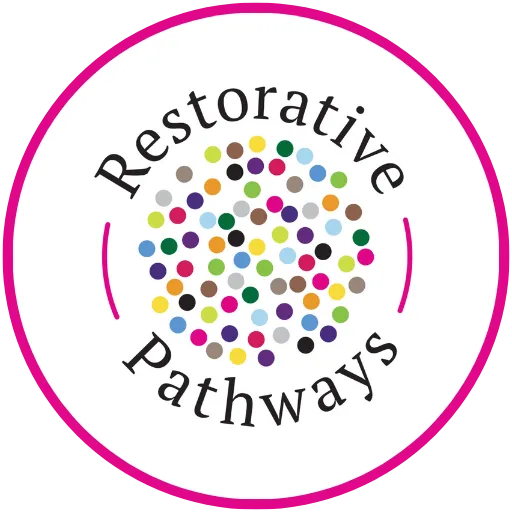Page Not Found - But You're Still in the Right Place
Looks like the page you were looking for isn’t here anymore.
But don’t worry, Kristy’s got plenty of helpful resources, restorative wisdom, and connection waiting for you.
You can:
And if it was our mistake, we're sorry. Thanks for your patience, let's get you back on track.
We acknowledge the Traditional Owners of the land where we work and live, in particular the Wurundjeri people of the Kulin Nation. We pay our respects to Elders past, present and future. We acknowledge all First Nation peoples as the traditional custodians of the continent, whose cultures are among the oldest living cultures in human history. We recognise and celebrate their continued connection to the land and waters of this place, and acknowledge that sovereignty has never been ceded.

View our Privacy Policy and Terms and Conditions here. © 2026. All Rights Reserved.